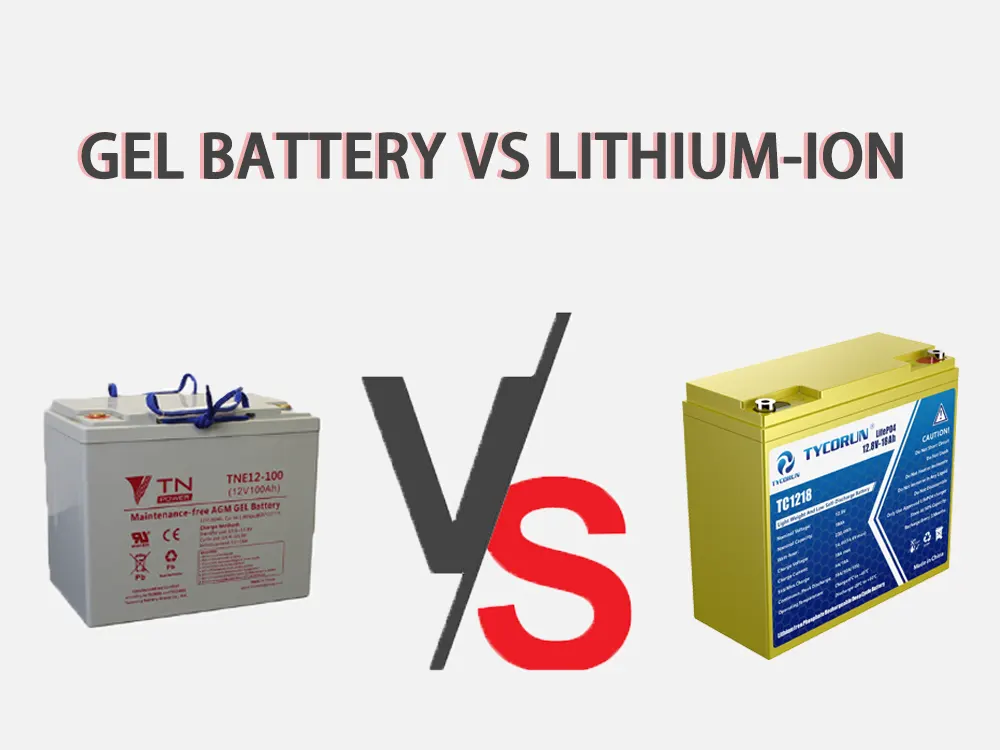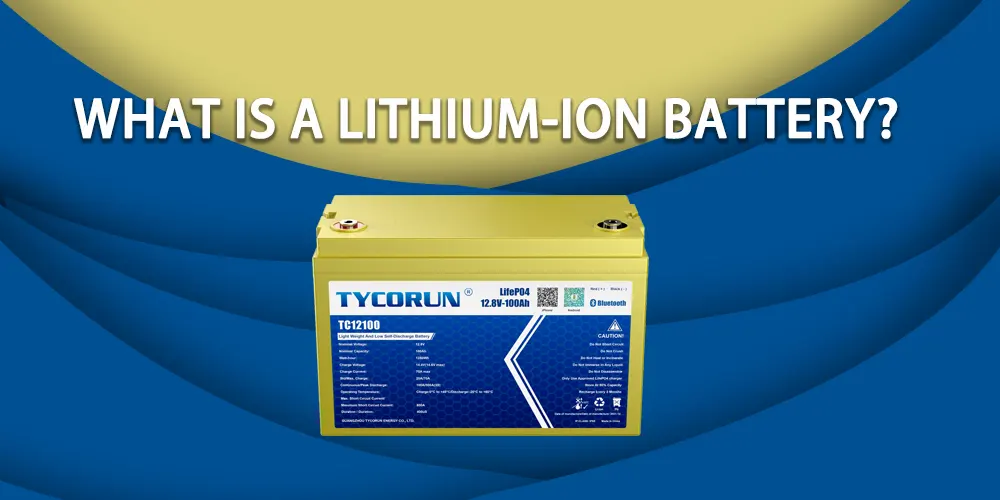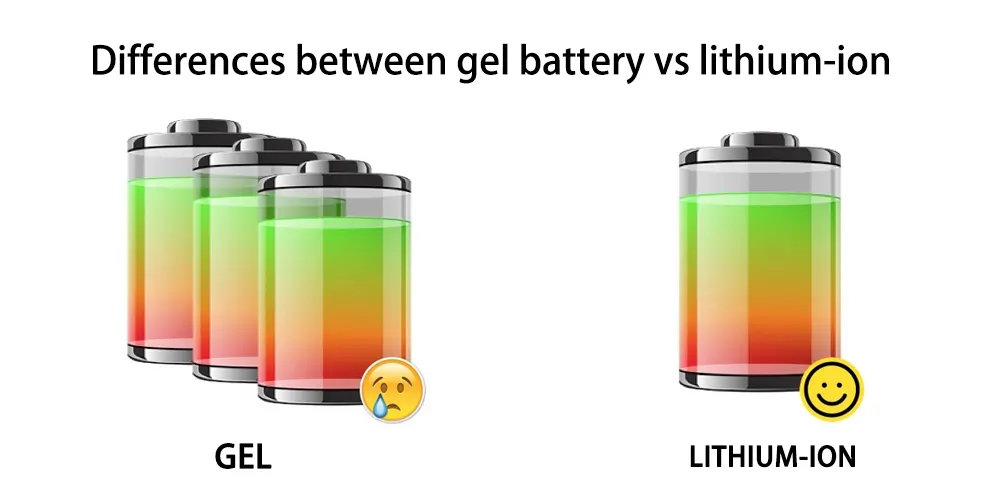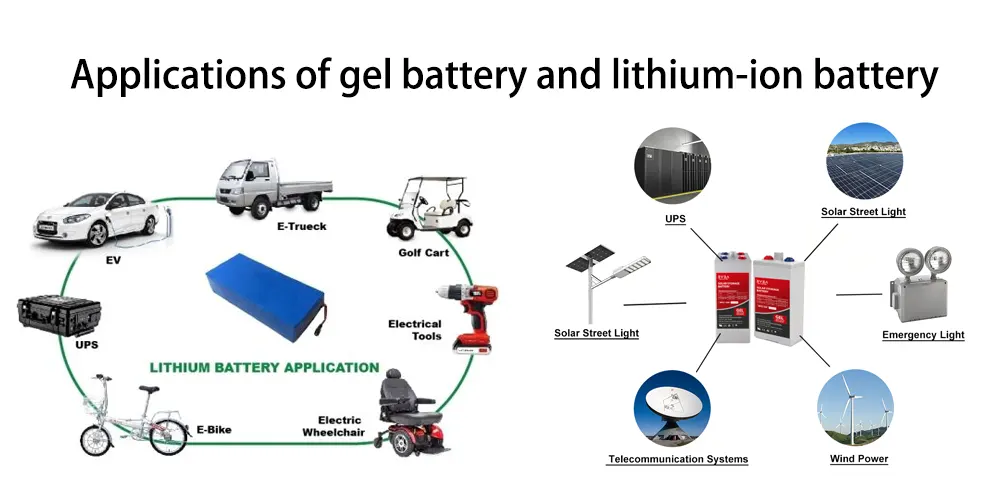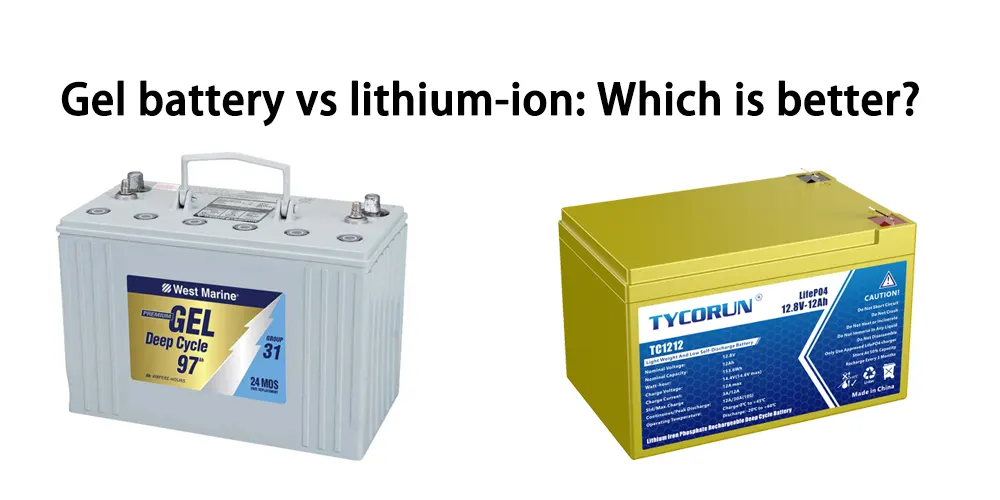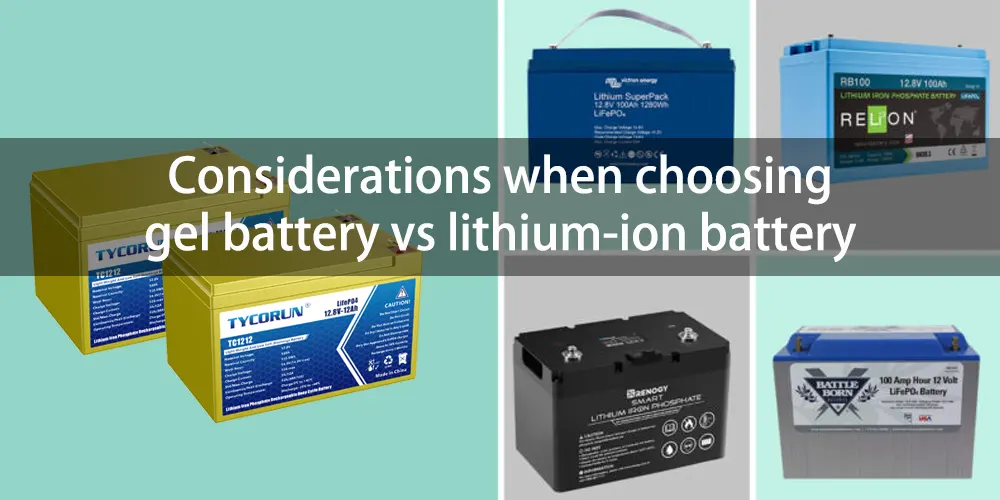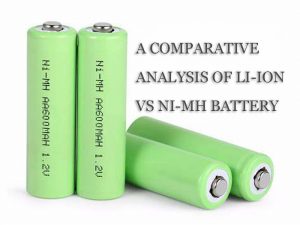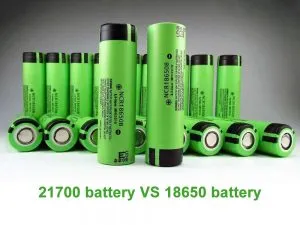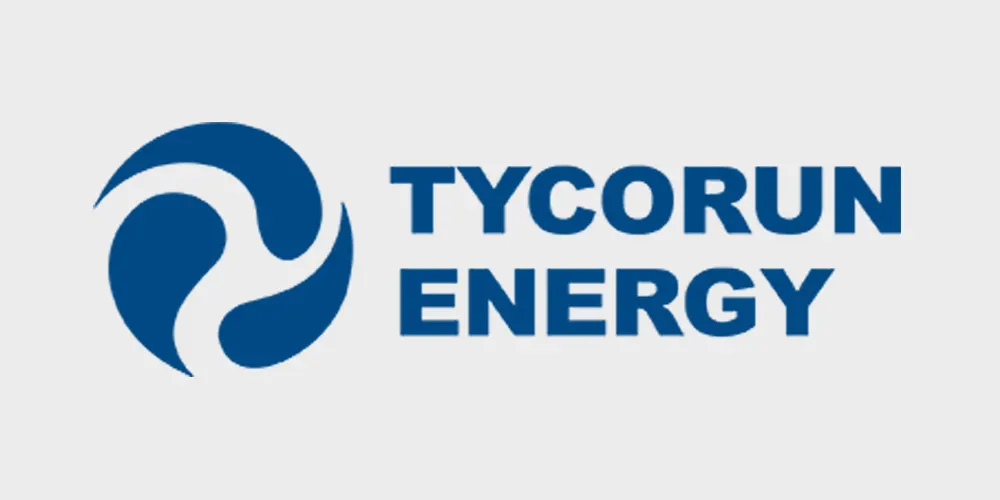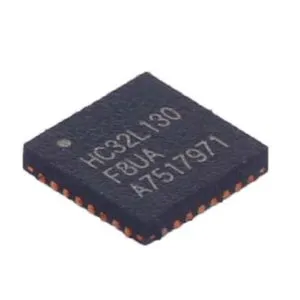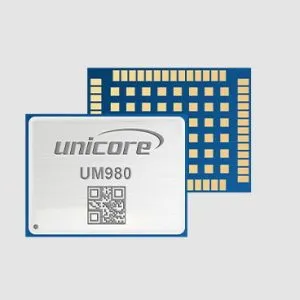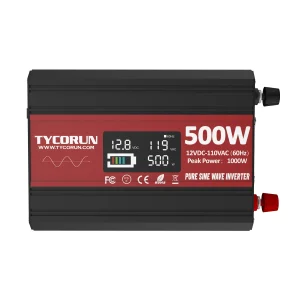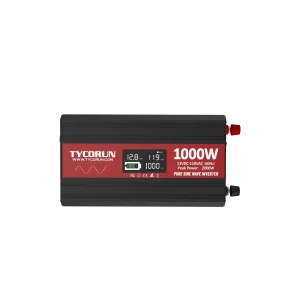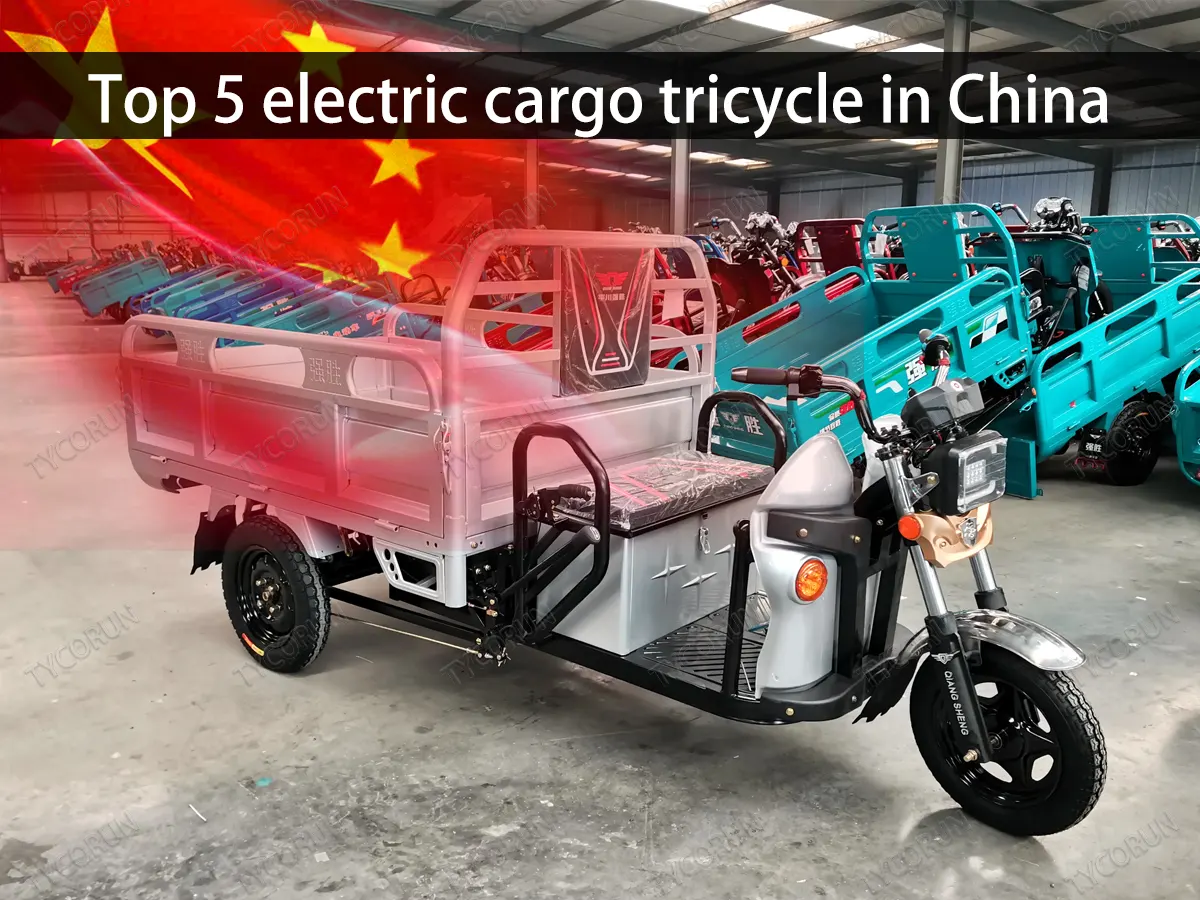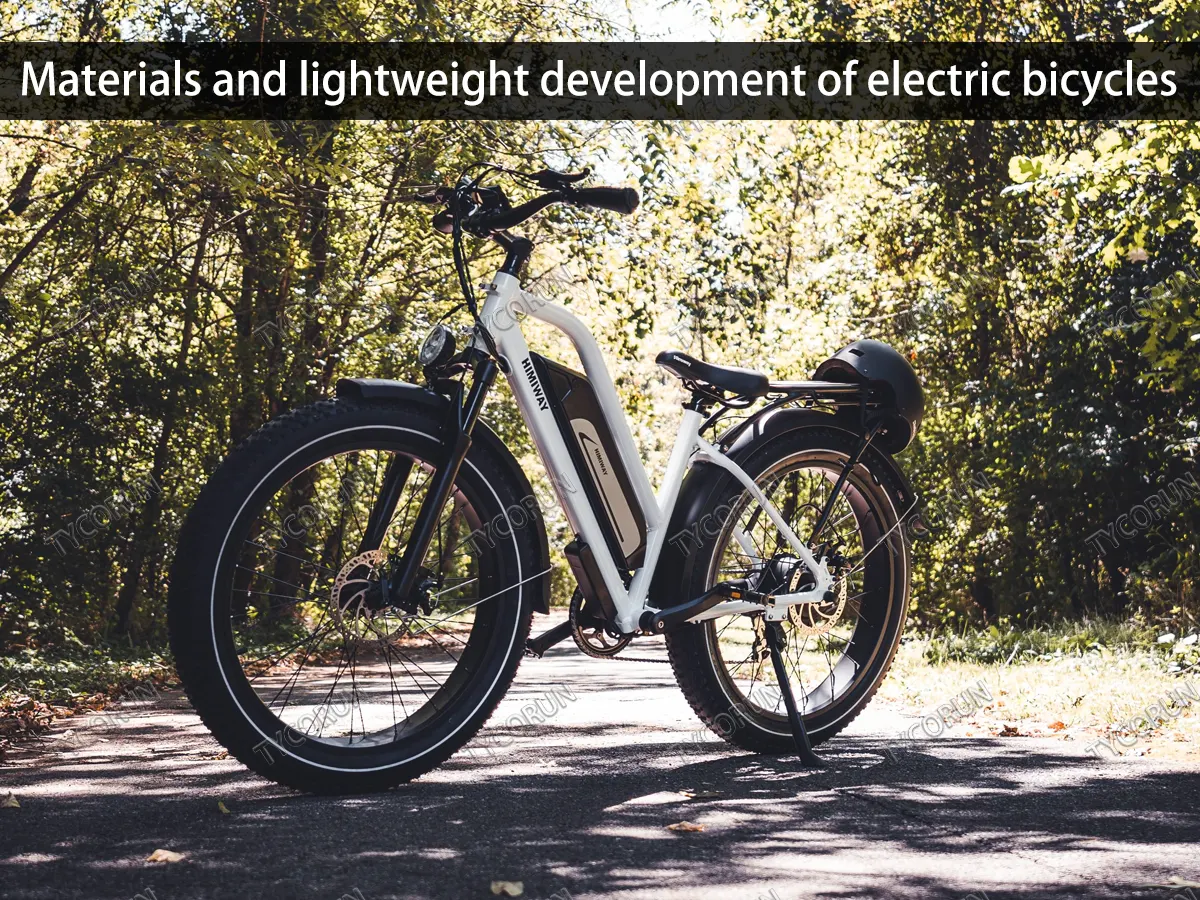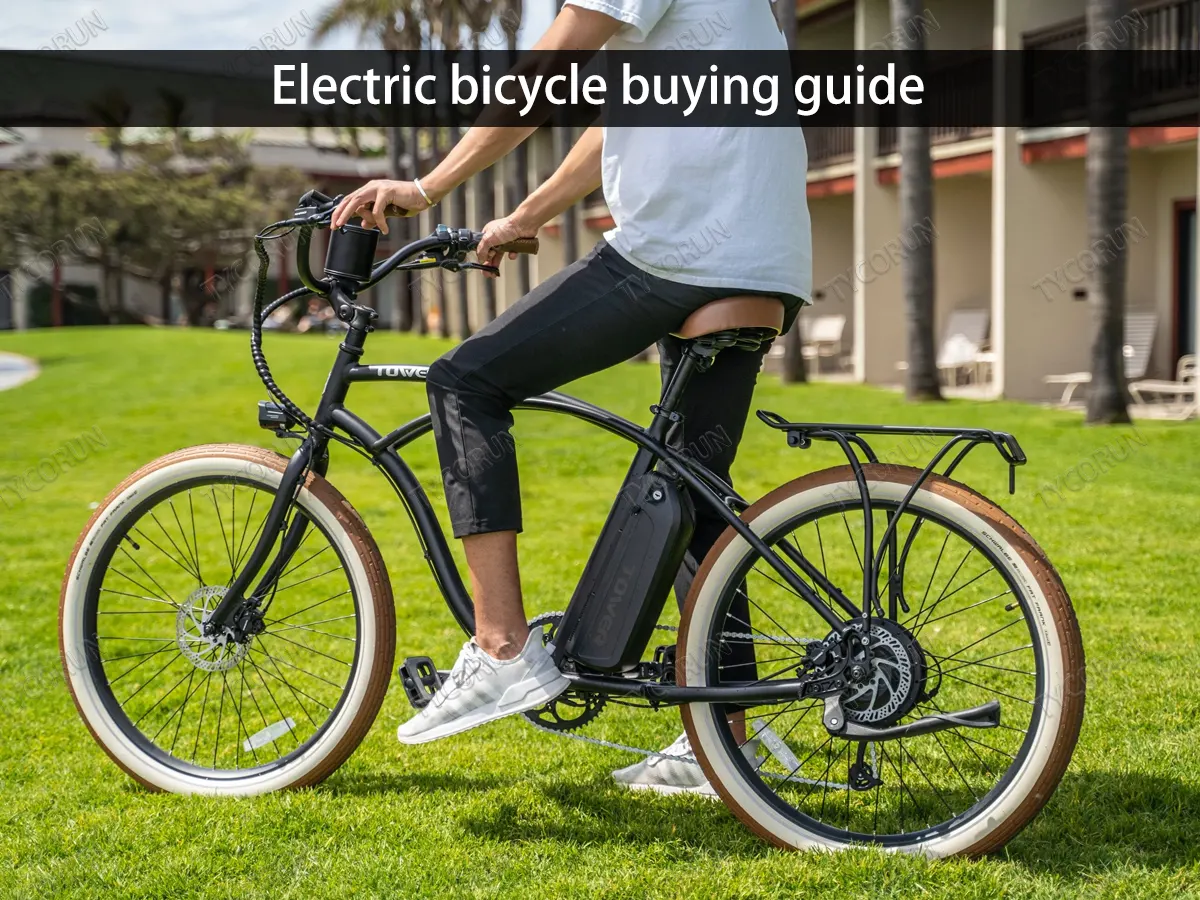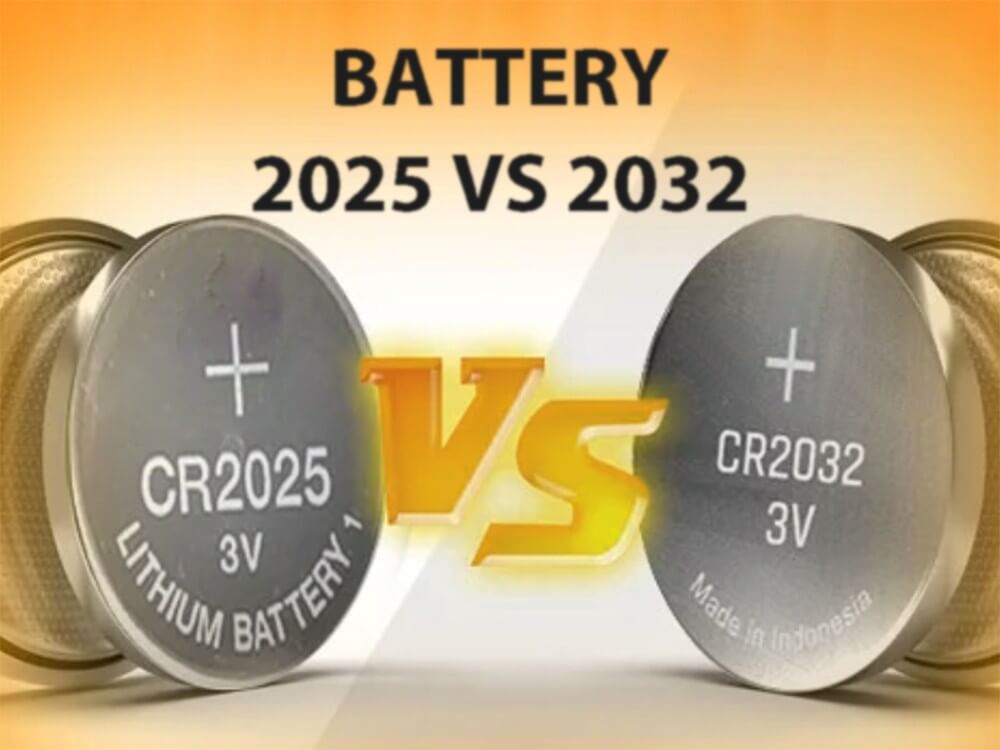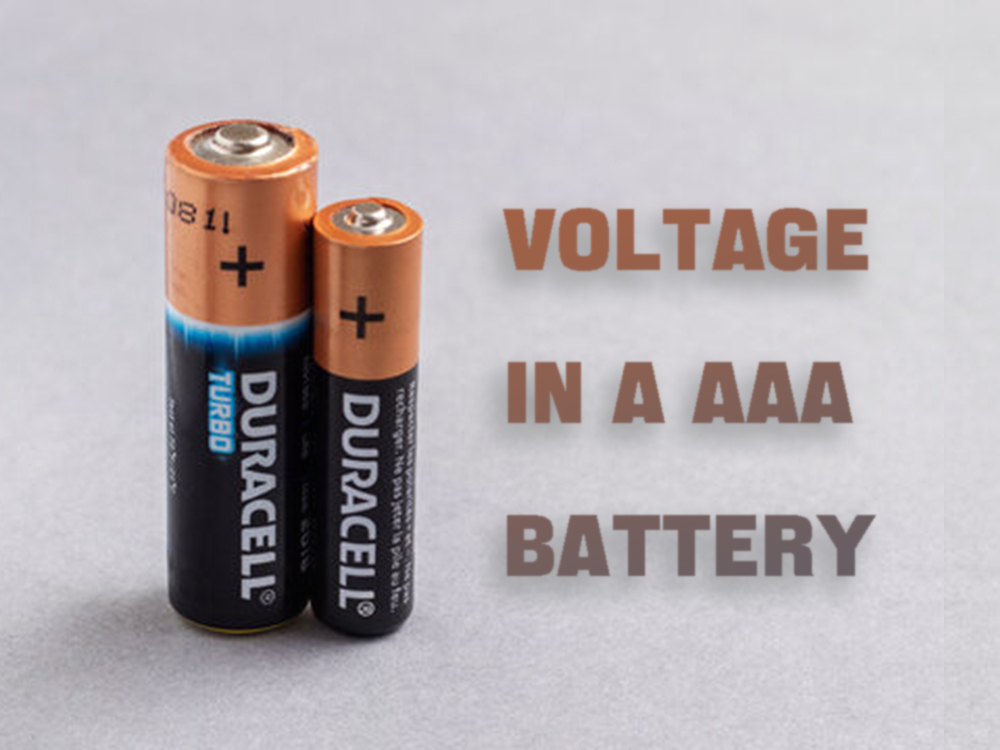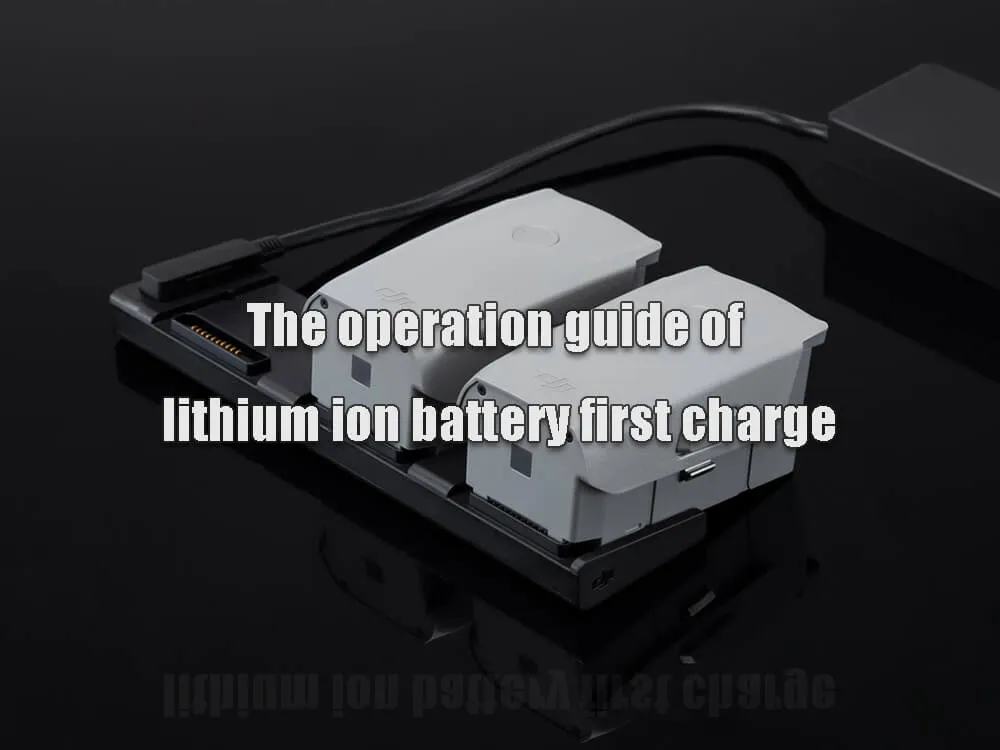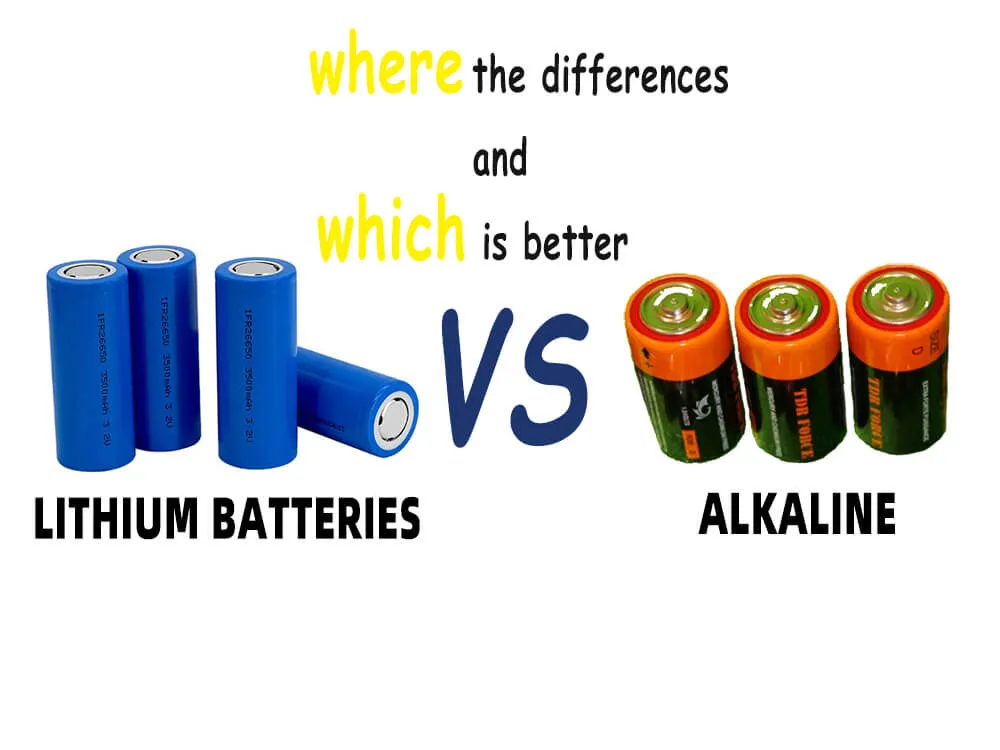Gel battery vs lithium-ion - compare their differences, applications and benefits

This comprehensive comparison article will help you understand the differences between gel battery vs lithium-ion batteries. You are going to understand the following by fully reading this article:
● The differences between a gel battery vs lithium-ion (energy density, efficiency, battery life, etc.)
● Applications of the two battery types
● Pros and cons of using each type of gel battery and lithium-ion battery
● What considerations should you have before settling for either battery type
What is a gel battery?
Simply put, a gel battery is a valve-regulated lead-acid battery with silica added to its electrolyte, creating a gel-like substance. This thickening effect makes the battery’s electrolyte somewhat solid.
Thickening the electrolyte is beneficial as it makes the battery versatile without affecting its performance negatively. A example to illustrate this benefit is that you can use a gel battery safely in environments with limited ventilation.
Gel batteries are generally sealed and people don’t need to worry about battery electrolyte leakage. And that also means gel batteries do not require active maintenance.
What is a lithium-ion battery?
A lithium-ion battery is one of the most popular rechargeable batteries on the market today. It uses lithium ions as the primary component of its electrochemistry.
Lithium-ion battery is used to as most devices battery we use daily, e.g., motorcycle battery, golf cart batteries and other power tool batteries.
Lithium ion battery does not require maintenance. It comes with a protection circuit board that helps prevent overcharging and over-discharging. Lithium-ion batteries are popular because of their lightweight, versatility, and long life span.
Differences between gel battery vs lithium-ion
This section outlines six essential feature differences between a gel battery vs lithium-ion
Energy density
A battery’s energy density is an essential factor battery. Put simply, a battery’s energy density is the amount of energy it has compared to its weight or size. It is measured in Watt-hours per kilogram (Wh/kg).
A gel battery has an energy density of 25-30 Wh/kg. On the other hand, a lithium-ion battery has a higher energy density that ranges between 160-300Wh/kg.
Efficiency
Battery efficiency is the energy output of the battery compared to the energy stored. A gel battery has a relatively higher efficiency than the traditional lead-acid battery. Its efficiency ranges from 85 – 90%. Lithium ion batteries have higher efficiency than gel batteries. A lithium-ion battery has a much higher efficiency of up to 95%.
Cycle life
A battery’s cycle life is the number of times you can fully charge and fully discharge it before it significantly loses its performance. A gel battery has a cycle life of up to 1,000 cycles. On the other hand, a lithium-ion battery has a cycle life of up to 4,000 cycles.
While cycle life is essential, consider your battery’s depth of discharge. It has a significant impact on your battery’s life span. Depth of discharge is the ratio of actual battery capacity to nominal capacity
Battery safety
Gel batteries are generally safe for use. They have exceptional tolerance to vibration and are durable. Beyond durability and vibration tolerance, the gel-like electrolyte does away with sulfur burns, enhancing the battery’s safety.
Like gel batteries, lithium-ion batteries are safe. However, the battery safety is dependent on the battery’s physical state – it should not have defects or damages.
Warning: If your battery fails or has physical defects or damages, discontinue using it immediately and check it.
Charge rate
A battery’s charge rate measures how fast you can charge battery. Here’s an example to help you better understand the battery charge rate: A battery that charges at a rate of 1C will get fully charged (from 0% to 100%) in one hour.
Lithium-ion batteries have a higher charge rate than gel batteries. In other words, a lithium-ion battery will charge faster than a gel battery.
Self-discharge rate
Self-discharge in batteries refers to how a battery loses its charge without being connected to devices. A gel battery has a self-discharge rate of about 15% – 20% per month at an optimal temperature of 20°C.
However, its self-discharge rate doubles with every increment of 10°C. On the other hand, lithium-ion batteries have a self-discharge rate of 3.5% per month. Similar to gel batteries, its self-discharge rate increases with temperature.
Note: A rule of thumb is to store your batteries in cool, dry places away from direct sunlight and contact with other metallic parts.
Applications of gel battery and lithium-ion battery
Gel and lithium-ion batteries have lots of uses. For example, most gel batteries power motorized wheelchairs, recreational vehicles (RVs), and marine equipment. Remember, a gel battery has excellent vibration tolerance. Therefore, gel Battery was more commonly used in such applications in the past.
Lithium-ion batteries have a wider range of applications, from small devices to large power or energy systems, so they are more popular. For example, this battery type is used to power small devices like smartphones and power tools. It can also power big appliances like homes with solar panels, electric scooters, electric bikes, electric motorcycles, etc.
Gel battery vs lithium-ion: Which is better?
Pros and cons of gel battery
| Pros | Cons |
| Maintenance-free | Hard to control heat which may damage the battery |
| No electrolyte leaks | Low energy density |
| Safe for use | Larger internal resistance |
| Vibration-resistant | Shorter cycle life |
| No production of fumes | Longer charging time |
| Versatile |
Pros and cons of lithium-ion battery
| Pros | Cons |
| Maintenance-free | Expensive |
| High energy density | BMS required |
| Longer cycle life | |
| Faster charging | |
| Highly efficient | |
| Small in size – save physical space. |
While the gel battery has some benefits, the lithium-ion battery stands out as the better. Lithium-ion batteries have better features that outweigh the features of a gel battery.
Is gel battery the same as lithium-ion? Can I replace gel battery with lithium-ion?
No – gel and lithium-ion batteries are completely different. These two batteries use different electrochemical compositions. The gel battery is a valve-regulated lead-acid battery with silica added to its electrolyte. On the other hand, the Li-ion battery uses lithium ions as the primary component of its electrochemistry.
Can you replace a gel battery with a lithium-ion battery? Yes, we can replace gel battery with a lithium-ion battery. If we replace gel battery with lithium-ion battery, that will allow you to enjoy longer running times, faster charging (minimal downtimes), longer battery lifespans, etc.
Considerations when choosing gel battery vs lithium-ion battery
Choosing your ideal battery can take a lot of work. The following considerations should help you make a solid decision:
● Is the battery rechargeable?
● Energy density – higher energy densities are better
● Battery efficiency
● Longer cycle life
● Battery Safety
● Battery charge rate – faster-charging rates are better
● Lower self-discharge rates
● Battery versatility
Wrap-up on gel battery vs lithium-ion
After an in-depth comparison of the gel battery vs lithium-ion, it’s clear that both batteries are great. However, the lithium-ion battery is the better battery with exceptional features. Consider replacing your gel battery with a lithium-ion battery from a reputable manufacturer.
Get in touch with Tycorun Energy today for more information on the ideal lithium-ion battery that will suit your needs.

